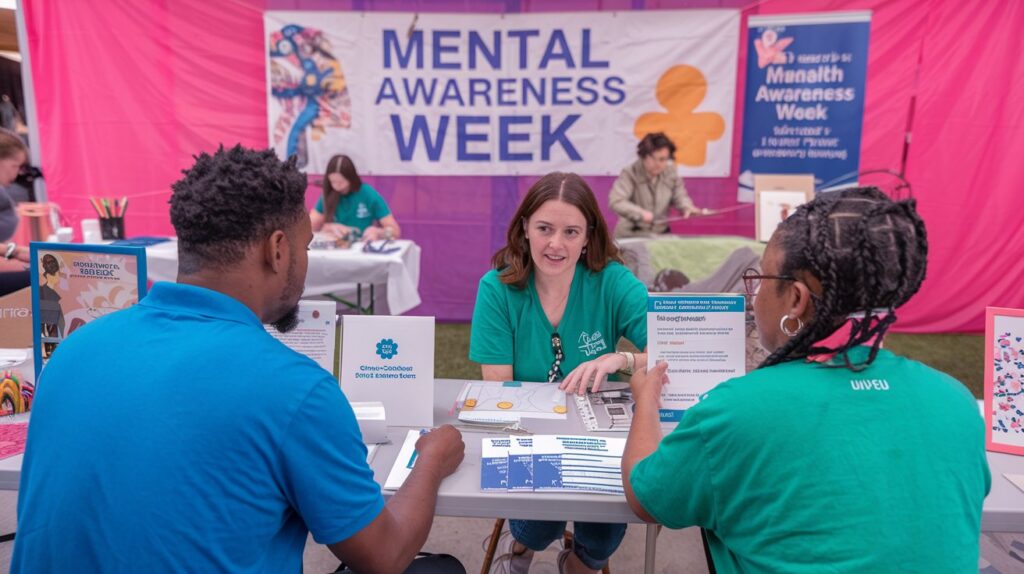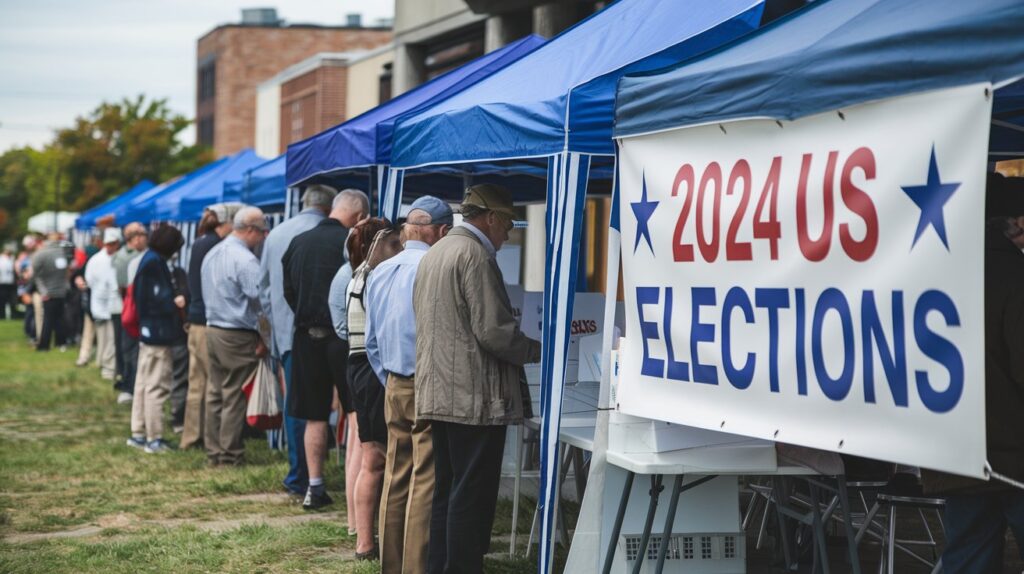Mental Health Awareness Events: A Tale of a Healthier Tomorrow
Mental health awareness is the hot topic in today’s fast-moving world. In a time when more and more people fight the problems regarding their mental health, the awareness one can get is needed even more. Because of this, Mental Health Awareness Events have turned out to be so crucial as a means of educating communities and giving support to many. These tend to bring awareness to an issue in serious need of it, and allow people to have an outlet through the sharing of experiences, learning coping strategies, and finding comfort in knowing that they are not alone.
Events that Raise Awareness about Mental Health are Important
The mental health awareness factor is always lowly regarded and highly misunderstood. Many people are in their struggles, and often, if not most, are due to social stigma. This is where Mental Health Awareness Events become crucial. By holding events-that is, workshops, seminars, or community activities-we open a venue for discussion on mental health. Such gatherings can educate one on signs to look out for when experiencing specific mental conditions such as anxiety, depression, or PTSD, and practically provide real-life solutions to help overcome them.
I remember feeling relieved even just from listening to other people’s journeys from the seminar about mental health in the locality. It was a reassuring feeling knowing that my anxiety struggles were not strange, and strategies discussed were quite insightful and practical. An experience like this might just give that first step toward seeking help or ways of helping loved ones.
How Mental Health Events Decrease Stigma: Stigma tends to be one of the major barriers to mental health care, because of which many people do not seek treatment out of fear of judgment or discrimination. Awareness events for mental health dislodge myths and misconceptions associated with mental illnesses; thus, normalizing conversations about mental health much as physical health is discussed.
Events that increase awareness for Mental Health Awareness Month range from mental health fairs and expert panel discussions to even public speaking for those affected by mental health. This is one way of advancing the conversation to the fore so that people may learn to view mental health as part of being human, just like taking a shower or brushing one’s teeth-something not to be ashamed of or to hide from.
One such forum was a panel of mental health professionals, survivors, and advocates that I attended a few years ago. It came as a relief to see people of different walks of life talk openly about living with mental health challenges. That is when it dawned on me that we can only overcome stigma by facing it head-on and offering empathy and understanding to those concerned.
Types of Mental Health Awareness Events
From large-scale nationwide campaigns on Mental Health Awareness to the smallest community gathering, each holds a special place in promoting understanding, support, and encouragement of mental well-being. A few important types include:
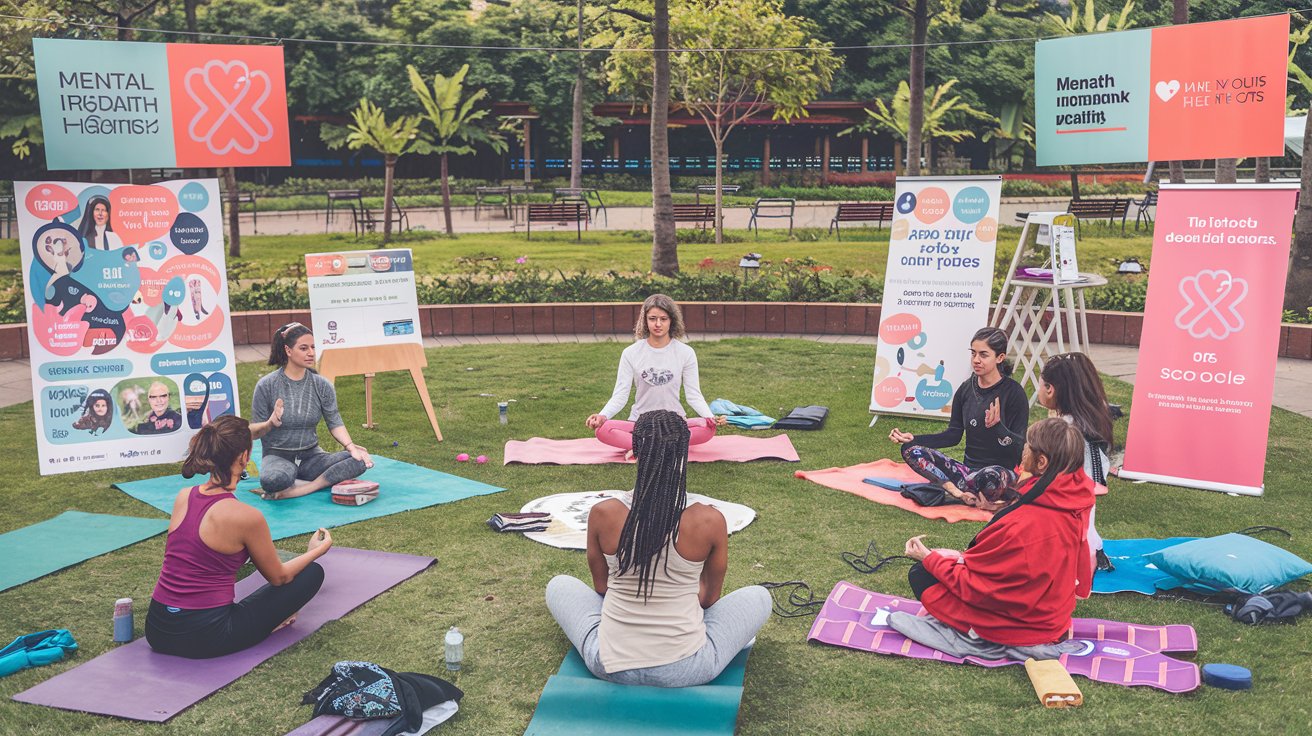
1. Seminars and Workshops on Mental Health
These events are organized in such a way that one gets great information about specific mental health issues. Most workshops teach mechanisms of coping, resources on how to take care of your mental health, and how to support families affected by the mental illnesses.
These could be on stress management, mindfulness techniques, and the influences of technology on mental health among many other topics. These seminars will serve effectively to help the patients and their relatives understand what they are going through.
2. Mental Health Walks and Marathons
Most of the awareness walks or marathons regarding mental health are great in assembling people within the community for a common cause. Such events raise money not only for mental health organizations but bring awareness and open spaces to talk about mental health.
One year, I joined the Mental Health Awareness Walk, and the community support was overwhelming: hundreds of people bonded with the same bond of purposes, walking together for one reason-to put the spotlight on mental health. It wasn’t just physically rewarding but emotionally empowering to know this mere act of walking would be able to make such a difference.
3. Mental Health Conferences
These conferences bring together mental health professionals, researchers, and advocates on the latest happenings within the mental health field. Events such as these are a gold mine for the person who wants to increase their knowledge about current treatments and therapies, as well as learning about all the changes in policy that are going to affect mental health care.
Events also often include panel discussions, keynote speeches, and breakout sessions that afford attendees an opportunity to engage a variety of mental health experts and learn about new studies and research. These events are usually better attended and serve as a perfect avenue through which professionals can acquire more knowledge.
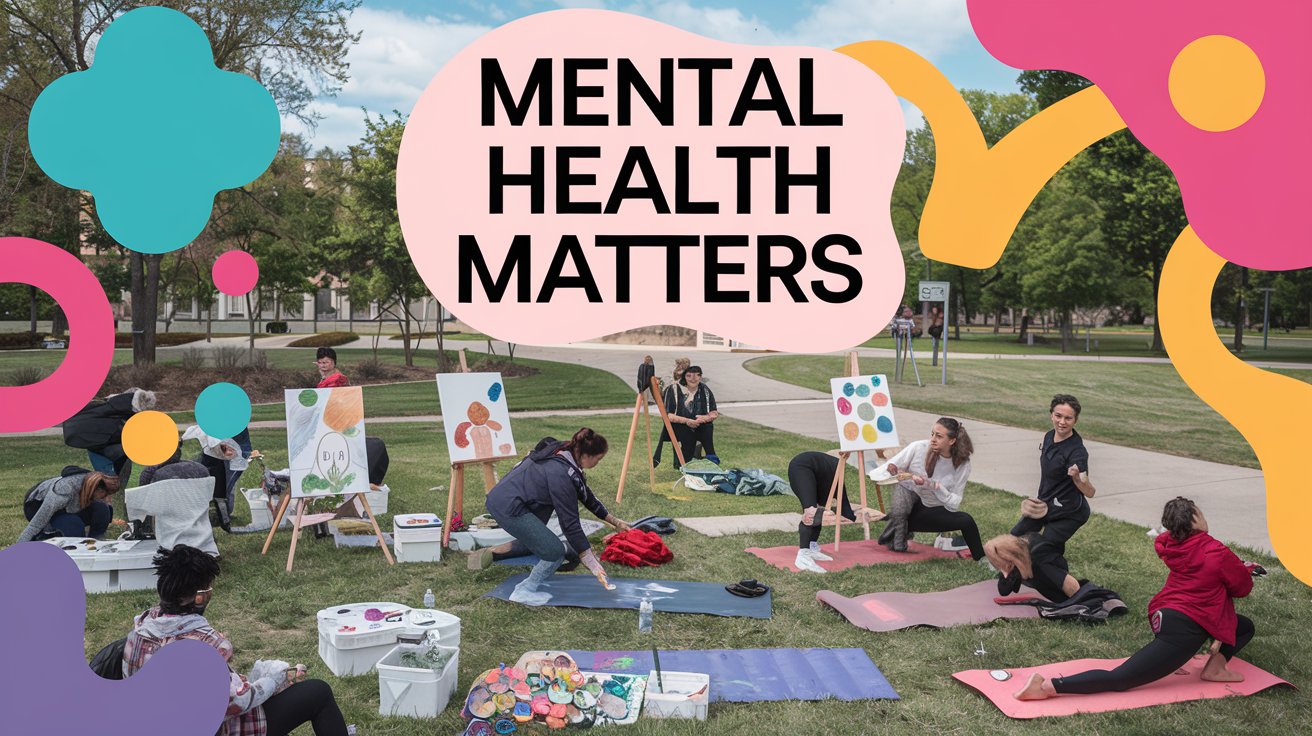
4. Public Speaking Events and Panels
These events provide an avenue for individuals to speak about their stories of mental journeys and, at the same time, allow others to share their stories with an audience. A number of public speaking events have a good number of mental health advocates, celebrities, and experts alike who give professional advice while sharing personal stories of how to handle mental health issues.
Because they will be hearing it from someone who has lived through anxiety, depression, or whatever other mental health condition they themselves struggle with, the experience may relate to others and not make them feel quite so alone in their struggles. Secondly, it may inspire them to seek help or to become an advocate for awareness of mental health issues in their own communities.
Key Takeaways from Mental Health Awareness Events
Mental Health Awareness Events are not all about talking; they are about some form of action therein. Actually, these events incite communities to:
Have open conversations about mental health without fear of judgment or repercussions;
Be able to identify the signs and symptoms of common mental health disorders;
Have at their fingertips valuable resources such as counseling services, hotlines, and support groups;
Normalize the conversation of mental health in order to help reduce stigma.
One personal story that comes to my mind is about how my close friend went to a mental health awareness drive and afterwards told me that it saved her life. There, she met with a counselor in mental health who gave her the required support and guidance she had been looking for since years. In fact, she did not realize how much she needed the help until she listened to others speak, and that event served as the catalyst to get long-term therapy.
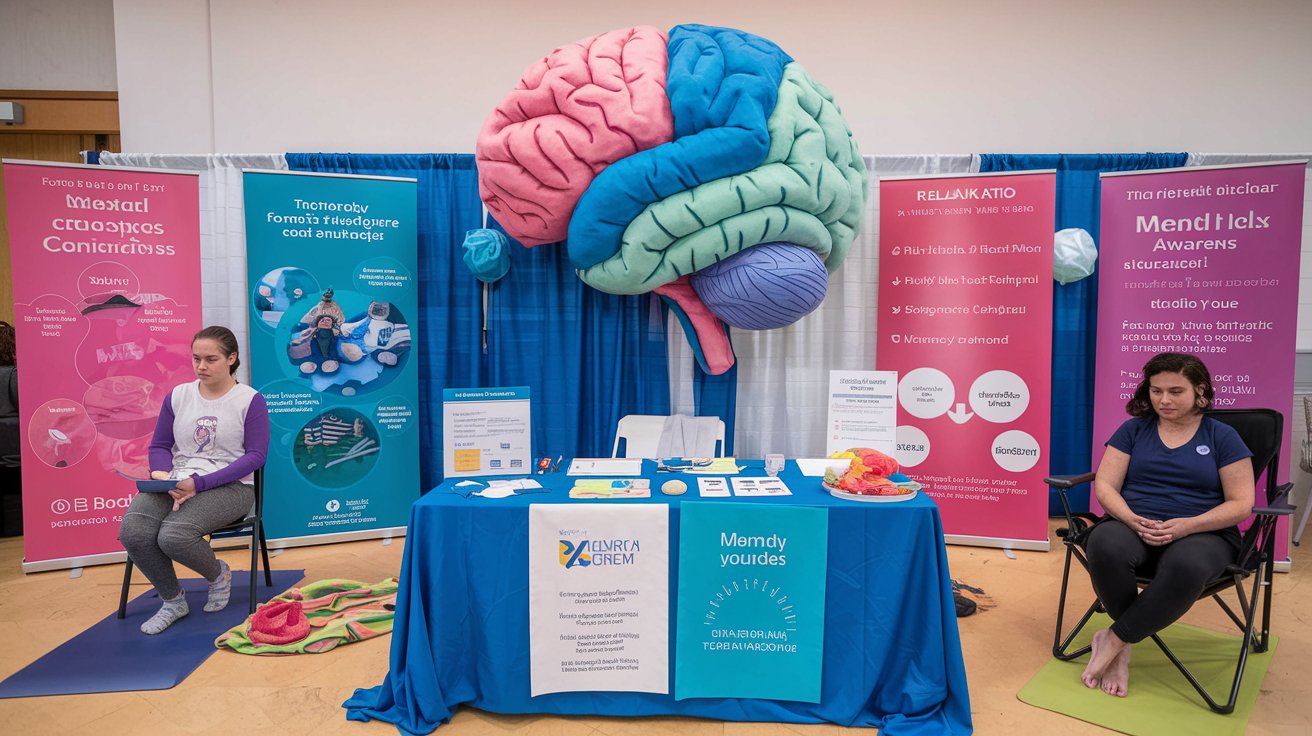
Making a Lasting Difference: While a Mental Health Awareness Event is important as a temporary education and to raise awareness, it should make long-lasting change its ulterior motive. If an event can create a setting where the subject of mental health is openly discussed and supported, then this will hopefully further help to ensure that people receive much-needed help: professional therapy, peer support groups, or simply community resources.
These events need to continue being supported, as they create much-needed visibility regarding issues of mental health. By supporting and attending them, we are helping not only ourselves but contributing more to the cultural shift that needs to take place to allow understanding and compassion.
